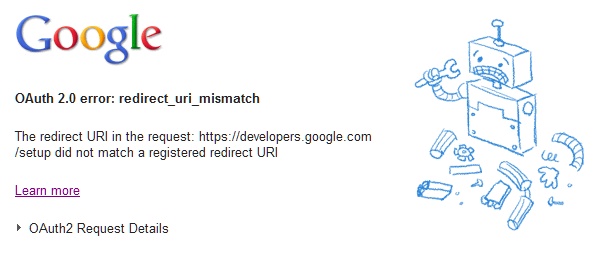In my opinion privacy issues are a by-product of information conservation times reaching infinite.
For centuries and more humans were used to their own type of memory. When information reaches the brain, it is stored in short-term memory. When relevant and/or repeated, it is gradually consolidated into long-term memory (this is roughly the process).
The invention of oral transmission of knowledge, written transmission (incl. Gutenberg) and, to a certain extend, internet, all these successively increased the duration of retention of information shared with others. The switch from oral to written transmission of knowledge also sped up the dissemination of information as well as its fixed, un-(or less-) interpreted nature.
With the internet (“1.0” in order to put some buzzword) the duration of information is also extended but somehow limited ; it was merely a copy of printing (except speed of transmission). Take this blog, for instance: information stored here will stay as long as I maintain or keep the engine alive. The day I decide to delete it, information is gone. And the goal of internet was to be able to reach information where it is issued, even if there are troubles in communication pipes.
However on top of this internet came a serie of tools like search engines (“Google”) and centralized social networks (“Facebook”). Now this information is copied, duplicated, reproduced, either because of the digital nature of the medium that allows that with ease. But also because these services deliberately concentrate the information otherwise spread. Google concentrate (part of) the information in its own datacenters in order to extract other types of information and serves searches faster. Facebook (and other centralized social networks) asks users to voluntarily keep their (private) information in their own data repository. And apparently the NSA is also building its own database about us at its premises.
In my opinion, whenever we were sharing information before, privacy issues were already there (what do you share? to whom? in which context? …). But the duration of information is now becoming an issue.








